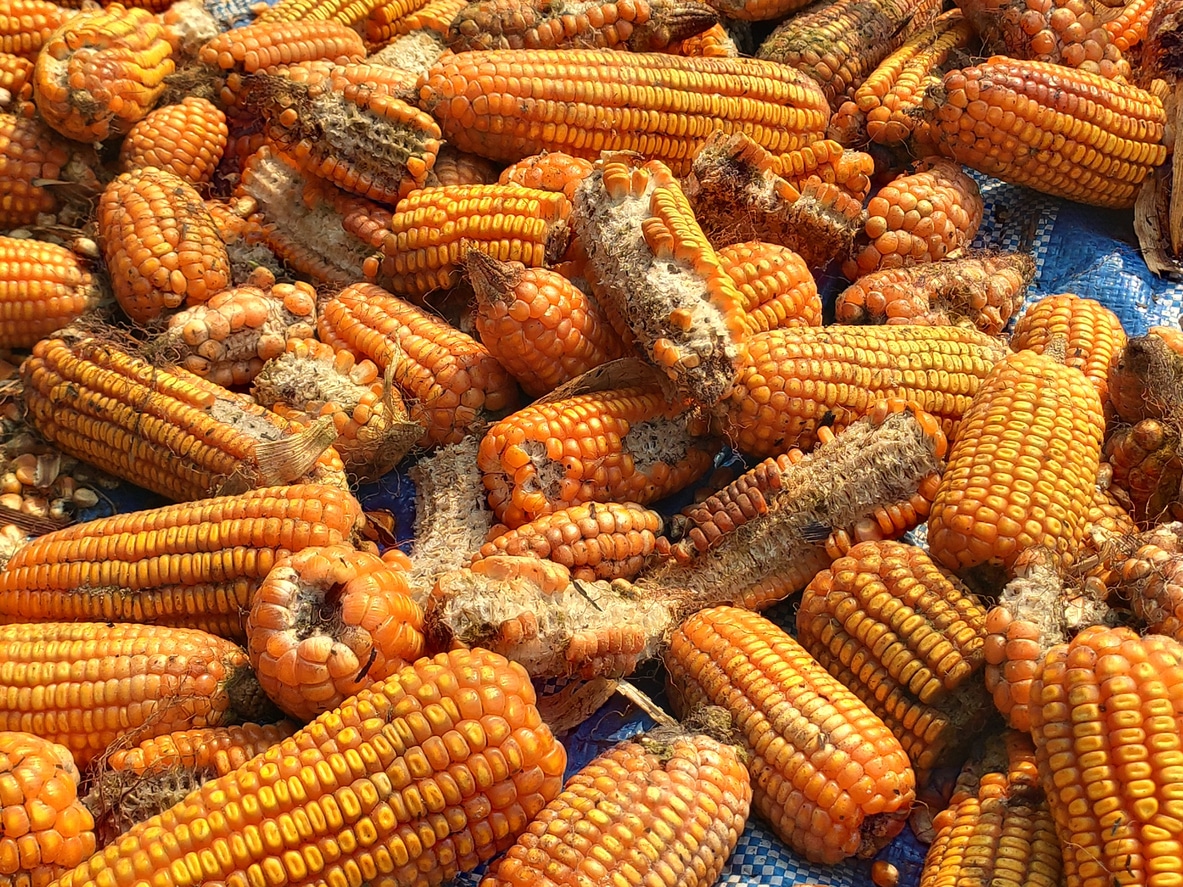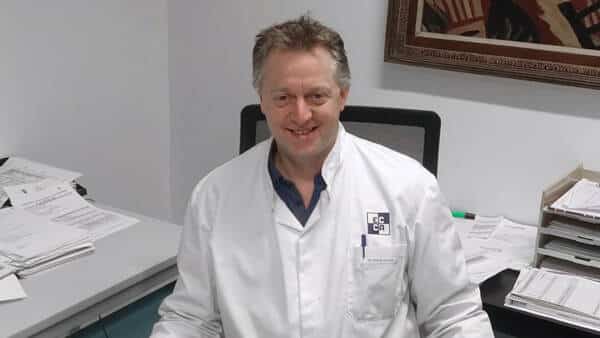Why a laboratory in Merelbeke is allowed to examine Qatari cows
“International VITO project is a recognition of our scientific excellence”
Cows produce milk if they can eat enough grass and drink sufficiently. For this you need water. In the middle of the desert, that is not obvious. But they have worked out a solution for that problem in Qatar. In this emirate they extra purify the wastewater from the big cities , to be used as irrigation water. And the sludge that is produced in this way, in return, helps to develop agricultural land. To guarantee the environmental and food safety of this innovative project, VITO asked ECCA to set up a research project together.
In 2016 Saudi Arabia and the United Arab Emirates decided to boycott neighbouring Qatar. The result? The daily import of 400 tons of milk products came to a sudden stop. That is why the Qatari emir took a drastic decision: his country would become independent for milk products. Qatar then transferred thousands of cows from the Netherlands, Australia, and the USA to the capital Doha, built several large air-conditioned ‘cow farms’ and equipped them with fully automatic milking robots (which milk 100 cows simultaneously).
But… in the middle of the desert, water is a rare resource. That is why the Qatari treat wastewater from big cities. That purified water is then used in the ‘cow farms’ to irrigate the grass crops. Moreover, sludge is produced during this wastewater purification process. If you pile it up and mix it with the sand in the desert, you have a fertile soil for agriculture.
Water and sludge under the microscope
This innovative process led to a double research question:
- Is the quality of the treated wastewater good enough?
- And does the sludge contain no harmful substances?
Belgium is highly renowned in this field. That is why Qatar asked VITO for an answer to these questions. Their experts examine the agricultural soil, the produced cattle food , the water used, and the milk produced for contaminants (nfte. unintentionally applied contaminants).
VITO in its turn engaged laboratory ECCA as a partner for the accompanying environmental and (livestock) nutritional analyses. Our role within this renowned international project? To detect the possible presence of heavy metals, PAHs, PCBs, pesticides, dioxins, and mineral oil.
Pieces of desert in the freezer to ECCA
In January 2020, VITO employees left for Qatar to collect 250 to 300 soil samples and 100 grass samples within 3 weeks. They came to ECCA by frozen transport. New grass and milk samples followed in March, June, and December. All samples were conserved on site and treated in specific quarantine chambers to prevent any spread of seeds and other biological life. Afterwards, the samples were destroyed internally.
Project leader Stefan De Vriese and his team are honoured to be part of an international research project of this kind: “The fact that VITO involves us as a partner is a recognition of the scientific level of our analyses. The project is also truly our kind of expertise. Because of the specific logistical and technical challenges. But also, because in this way we contribute to the sustainable development of Qatar. And finally, because this challenge allows us to expand our horizons. We are fully committed to using all our knowledge to become a worthy ambassador for the Belgian laboratories”.




